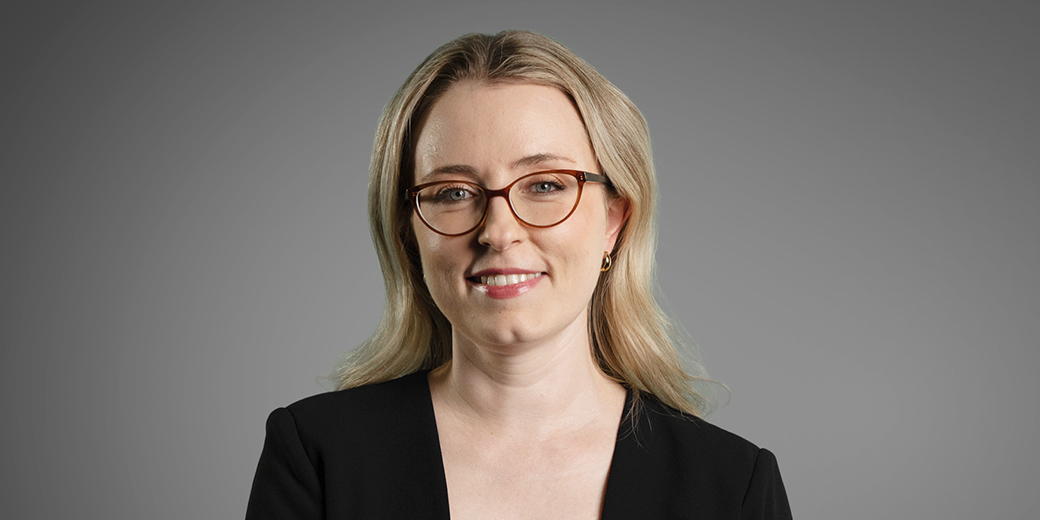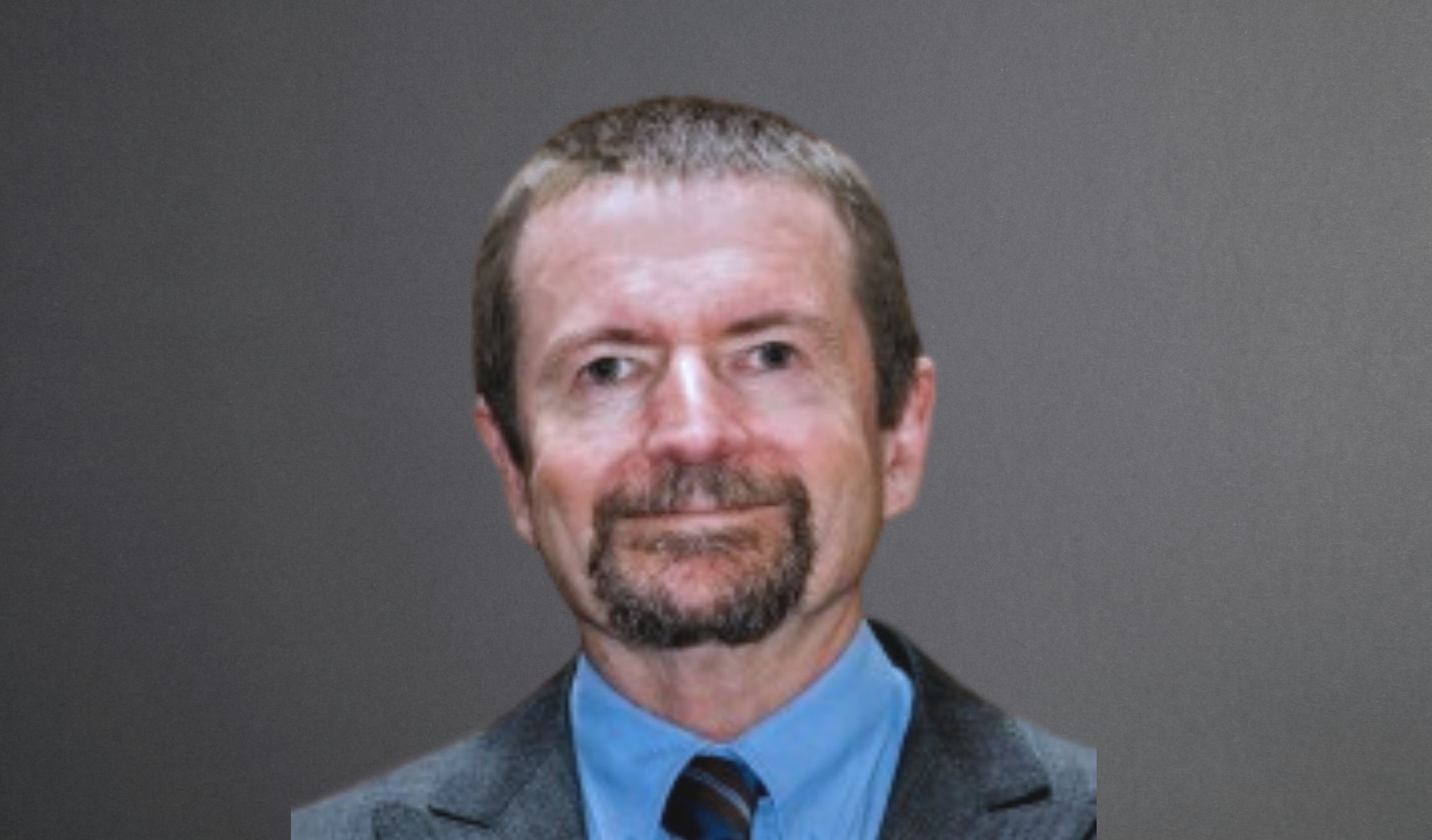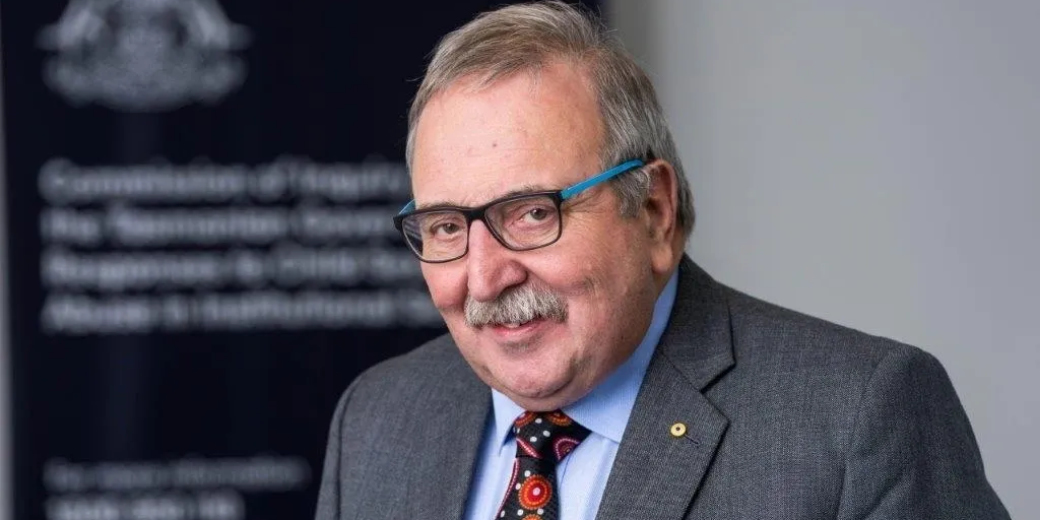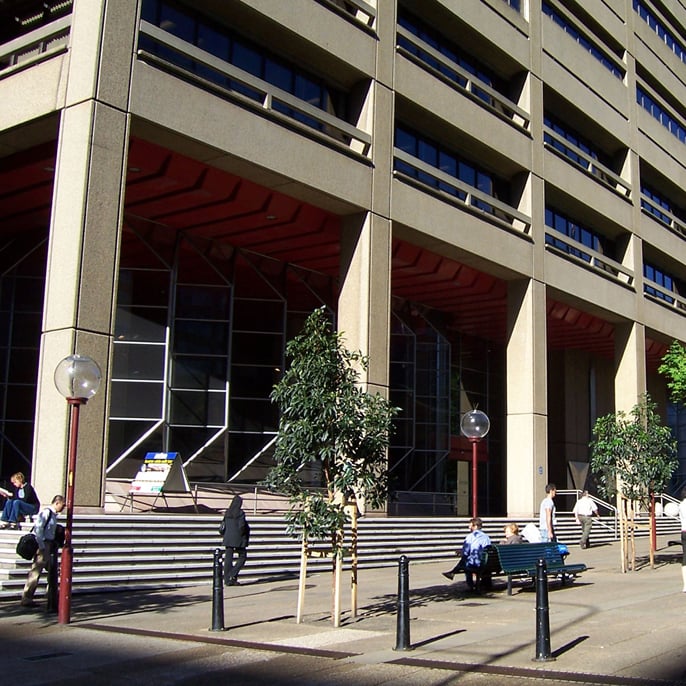Probate follows the loss of someone we love — yet rarely do we consider the lawyers who guide grieving families through one of life’s most significant shifts.
If you’re a fan of ABC comedy Fisk, you’ll know the world: probate lawyers navigating peculiar bequests amidst family tensions, against paperwork and systems that have seen better days. This is precisely why Tom O’Neill, CEO of Vale and a Wills and Estates solicitor-turned-founder, commissioned the Australian Probate Report, the first industry-wide study of its kind.
The findings reveal a profession at an inflection point: thousands of suburban and regional firms collectively handle an estimated $150 billion in annual inherited wealth transfers. What’s surprising is how distributed probate is, with most firms managing only two to three matters per year. Given these low matter turnovers, it makes sense that 77% have identified streamlining operations as their top priority, with 60% having experimented with AI in the past year.
The report also exposed stark disparities between jurisdictions: Victorian practitioners rated their online registry at 8/10, while NSW's system scored just 3.5/10. Perhaps most telling, over 90% said they would conduct more comprehensive estate discovery if it were cost-effective.
For probate practitioners, this report offers a rare chance to compare notes with peers across the country. In this interview, O'Neill explores these key findings and what they reveal about the future of probate practice in Australia.
What the $5.4 trillion wealth transfer means for wills and estates lawyers
“While much has been written about the approaching $5.4 trillion wealth transfer, we found little had been written about its implications for Wills and Estate lawyers,” O’Neill says. “What the report uncovered was that deceased estates are growing in complexity while advances in technology are shifting client expectations for speed, efficiency, and affordability of service.”
Though the Australian Probate Report started life as an internal research project, intended to help educate the team on the current state of play, surprise findings compelled them to share their insights more broadly.
“Practitioners are working at the coalface to make sure the 'Great Wealth Transfer' proceeds as smoothly as possible,” O’Neill says. “We want to open a conversation about what’s coming, what’s already changing, how practitioners are thinking about challenges and opportunities, and what tools might help.”
What surprised O’Neill was just how many practitioners do probate work.
“Suburban and regional firms are carrying much of the national caseload, with thousands of firms across Australia handling probate at one or two matters per year,” O’Neill says. “Many hands make light work in probate!”
The report also revealed a ‘surprisingly strong appetite’ for innovation and efficiency.
“Of the practitioners interviewed, 77% said that their top priority in the next 12 months was streamlining operations,” O’Neill says. “We also found that most practitioners were proactive in trying out new technology solutions. Around 60% of firms had experimented with AI in the last 12 months, while only 2% of practitioners saw AI as their most significant challenge.”
Another striking finding was how Probate Registries compared across jurisdictions.
“For example, Victorian practitioners rated their online probate system, RedCrest, highly - averaging an 8 /10 satisfaction, and noted Registry turnaround times close to two weeks,” O’Neill observes. “In contrast, the NSW Online Registry received a score of 3.5/10, and raised widespread frustration over Registry delays and rigidity.”
Given these differences, there are clearly benefits to sharing experiences and perspectives across jurisdictions.
$500 million probate fees spent across thousands of practitioners
While most firms report handling only one or two probate matters per year, the Australian Probate Report found $500 million is spent annually on probate fees.
O’Neill put this down to historically low barriers to entry for probate and estate administration services.
“This kind of work has long been something that general suburban firms could handle competently for their local communities, and a lot of practitioners provided these kinds of services,” O’Neill explains.
“But we’re seeing that starting to change. Estates are becoming more complex, as is the knowledge and skill required to administer them. Digital assets, cross-border holdings, and family provision risks mean it’s no longer an area where a practitioner can simply ‘dabble’. The lawyers who continue to offer probate as part of a mixed practice are doing valuable work, but many are conscious that the demands are rising more quickly than their systems are improving.”
For most, what’s at stake is staying confident amidst an increasingly intricate and complex workload.
“The best-performing firms appear to be those with tight, repeatable processes and technology that reduces administrative friction,” O’Neill says. “What matters most is reliability: being able to manage each matter cleanly and transparently.”
Why 90.7% of firms can't justify comprehensive asset searches
One of the initial steps of administering an estate involves identifying the deceased’s assets and liabilities.
“This is called ‘estate discovery,’” O’Neill says. “Since there’s no central registry to query, firms rely on executors’ recollection and manual outreach to each potential organisation that may or may not be holding an asset in the name of the deceased. That can mean contacting dozens of banks, super funds, registries, insurers, and utilities, which is time-consuming and costly. It wasn’t surprising that over 90% of firms said they’d search more comprehensively if it were cost-effective.”
It’s not uncommon to miss assets during this process, particularly shareholdings.
As a Wills and Estates lawyer, O’Neill is well-versed in how time-intensive and manual this process can be.
“At Vale, we’ve developed a platform that automates this process,” O’Neill says. “Practitioners can send verified enquiries to more than 1,000 institutions in a few clicks, and even track responses. It makes a broader search far more efficient, which is good for executors, beneficiaries, and their legal advisors.”
The Australian Probate Report represents a first step in what O'Neill hopes will be an ongoing conversation about how practitioners can adapt to rising complexity, maintaining their confidence and capability even as estates grow more intricate and the demands on their practice intensify.
If you’re interested in the full report, it’s free to download here.







![How to handle Direct Speech after Gan v Xie [2023] NSWCA 163](https://images4.cmp.optimizely.com/assets/Lawyer+Up+direct+speech+in+drafting+NSW+legislation+OCT232.jpg/Zz1hNDU4YzQyMjQzNzkxMWVmYjFlNGY2ODk3ZWMxNzE0Mw==)




























































































